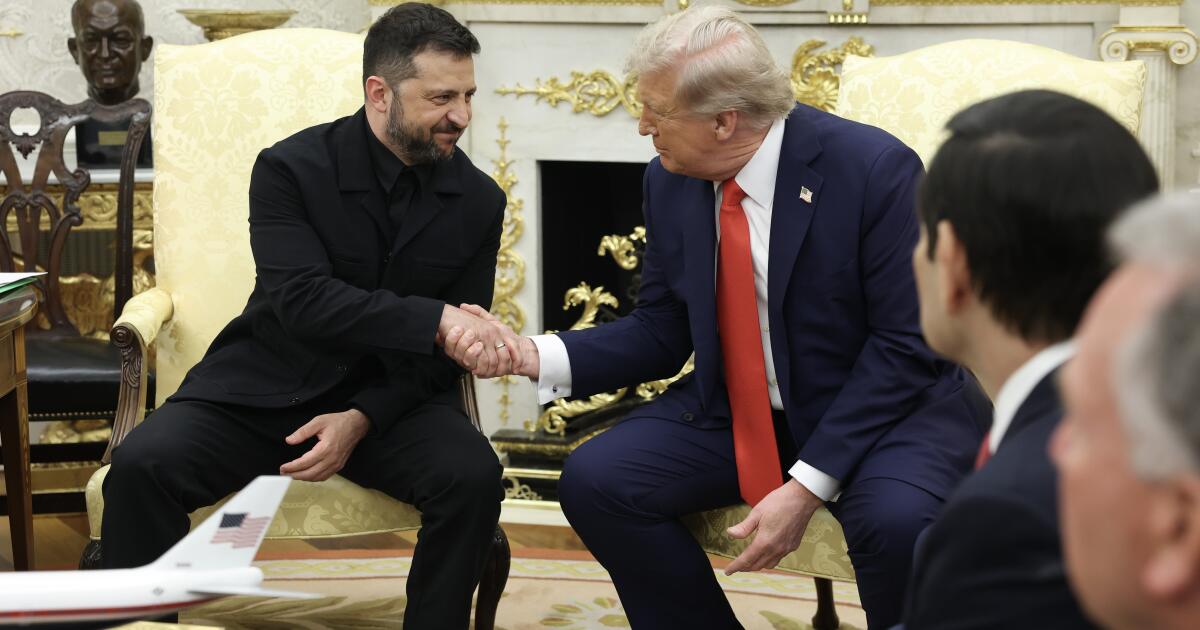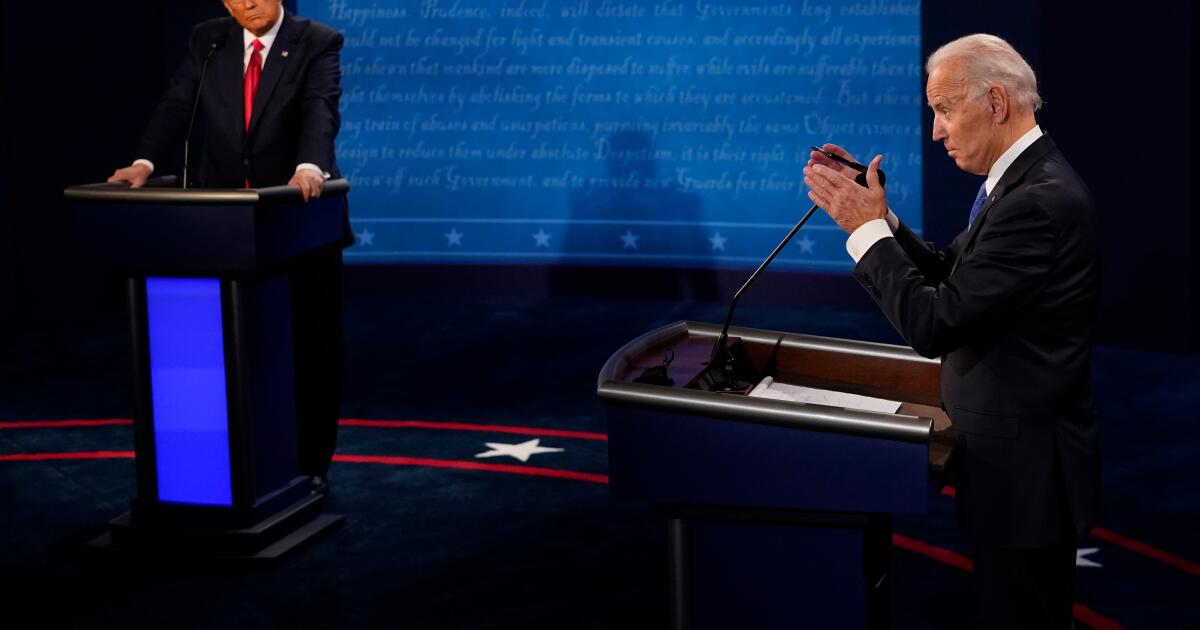As U.S. District Judge Aileen Cannon considers another wild argument by Trump's defense team in the prosecution of classified documents, a recent report sheds considerable light on her baffling oversight of the case.
When Cannon was assigned to the case by lottery, the New York Times reported last week, two of his fellow judges urged Trump appointee to transfer case.
Those calls were extraordinary. New judges like Cannon could seek advice from their colleagues on a variety of issues, including potentially taking on such a difficult case early in their term. But that not one but two other sitting judges urge a colleague to resign from an assignment demonstrates great concern within the Southern District of Florida.
It's not difficult to understand why. Cannon's assignment came six months after she spectacularly botched a Trump lawsuit protesting the search and seizure of documents that would form the basis of federal charges.
Cannon's antics in the civil case included appointing a special master to examine seized documents based on Trump's claim of executive privilege. That shackled the Justice Department in an unprecedented way and drew criticism from legal experts of all ideological stripes.
It took two decisions criticizing Cannon by the conservative 11th U.S. Circuit Court of Appeals to end his misadventure. Those two attacks on the judge arguably put her oversight of the case at real risk if she receives another reprimand from the appeals court.
The first call to Cannon from an unnamed colleague reportedly offered face-saving reasons for her to drop the case. The judge pointed to logistical concerns such as the lack of a sensitive compartmented information facility, or SCIF, at Cannon's courthouse in Fort Pierce, Florida. (Indeed, Cannon's retention of the case required a SCIF to be built there at considerable cost to taxpayers.)
But Cannon refused to take the hint. That's when Chief District Judge Cecilia M. Altonaga reportedly stepped in to present a “more direct” argument.
Altonaga gave Cannon the unvarnished facts, according to the report. She told the new judge that the previous debacle in the search warrant litigation made it “bad optics” for her to preside over the case. And since she was speaking as the district's chief judge, her implication was that keeping the case would harm not only Cannon but the entire district.
The report suggests a forceful appeal, close to a lawsuit, by a top judge to a rookie with very little trial experience. The chief judge is the closest a federal judge comes to a boss. Furthermore, Altonaga was appointed by another Republican, George W. Bush, so Cannon had no reason to view her as a member of the enemy camp.
New federal judges, to some extent, have to leave society and old friendships behind, assuming a necessary distance from former colleagues that can be difficult. Your district colleagues often become your closest confidants, as well as your greatest source of professional esteem. For those reasons, rejecting fellow jurists is the last thing most judges want to do.
And it has not gone unnoticed. By contrast, the New York Times reported that Cannon's refusal of his colleagues' pleas “has spread to other federal judges and people who know them.”
Cannon's obstinacy was a warning of his strange and almost ridiculously pro-Trump handling of the case. Generally, she has shown hostility toward prosecutors, has thoroughly considered patently unfounded defense motions, and has studiously avoided issuing rulings that could be appealed to the 11th Circuit and lead to his recusal. A case in point is Monday's hearing on the defense's dubious argument that the appointment of special counsel Jack Smith was unconstitutional.
The result is that what should have been the most concrete of the four criminal cases against Trump – a case in which its illegality is patent and simple – is highly unlikely to come to trial before the election.
The latest reports about Cannon confirm that she is willing to provoke profound disrespect from the community that normally determines a judge's professional standing. If Trump wins in November, he has every reason to expect the gamble to reap big rewards. If he loses, she has every reason to expect to go down with the ship. It's a risk she seems determined to take.
Harry Litman is the host of Podcast “Talking about federals” and the Talking about San Diego Speaker series. @harrylitman












